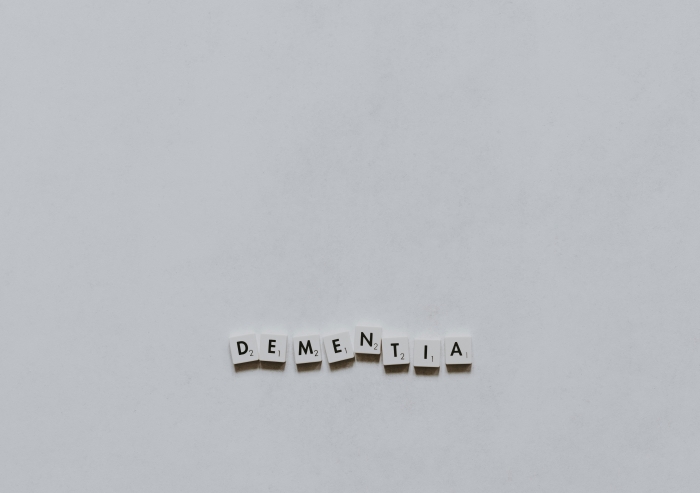This month we will talk about human interaction.
Reading each other is one of the most complex and widespread of human achievements.
In fact, the way in which we perceive and respond to others very much shapes who we are. There is neuroscientific evidence that the earliest brain development occurs through the relationships a baby has with the people around it; the minute by minute testing of whether an adult will come when called, and whether or not their faces and actions tell the baby they are kind when they come, being laid down in the structure of the growing brain, and forming the basis of instincts that influence our interactions with others throughout our lives.
Listening and responding to others is how we learn to speak. Again, this is at first unconscious, and is always highly determined by who – or what – we are responding to (the pandemic, again, has provided incidental laboratory conditions: there are reports of children speaking in the accents of their favorite cartoons). External language, and tone, of course becomes internal language too: the medium through which we articulate our thoughts and feelings.
But to be human is to imagine, and to appreciate others’ imaginations.
Too much time on one’s own has social costs, as lockdowns have shown. A lack of interaction damages mental health. Science has found that neurons in the brain are fired both when we perform an action and when we see an action performed by others. Varied and open socialization, at all stages of life but especially for the very young, is not an optional extra but a fundamental necessity – both for individuals and for the society of which they are a part.
As such we should enjoy our freedom, learn from our mistakes and take responsibility for our actions. Be kind to everyone – socialize, be happy create memories. That’s all we take with us.
Adapted
#Stay Safe
#Be Responsible








